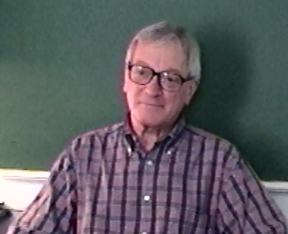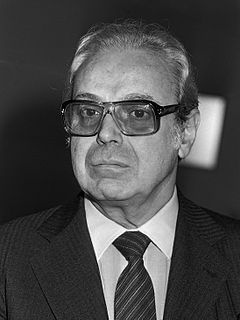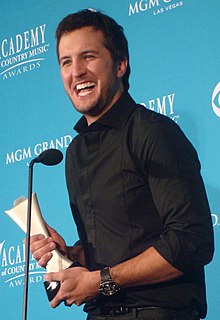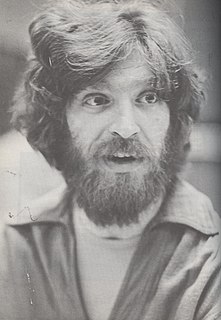A Quote by Richard Selzer
The surgeon knows all the parts of the brain but he does not know his patient's dreams.
Related Quotes
I had a friend who was the King's surgeon in England. One day I asked him what makes a great surgeon. He replied, "What distinguishes a great surgeon is his knowledge. He knows more than other surgeons. During an operation he finds something which he wasn't expecting, recognizes it and knows what to do about it." It's the same thing with advertising people. The good ones know more. How do you get to know more? By reading books about advertising. By picking the brains of people who know more than you do. From the Magic Lanterns. And from experience.
A Russian cosmonaut and a Russian brain surgeon were once discussing Christianity. The brain surgeon was a Christian, but the cosmonaut wasn’t. ‘I have been in outer space many times,’ bragged the cosmonaut, ‘but I have never seen any angels.’ The brain surgeon stared in amazement, but then he said, ‘And I have operated on many intelligent brains, but I have never seen a single thought.
Let the surgeon take care to regulate the whole regimen of the patient's life for joy and happiness by promising that he will soon be well, by allowing his relatives and special friends to cheer him and by having someone tell him jokes, and let him be solaced also by music on the viol or psaltery. The surgeon must forbid anger, hatred, and sadness in the patient, and remind him that the body grows fat from joy and thin from sadness.
There is only one way of surviving all the early heartbreaks in this business. You must have a sense of humor. And I think it also helps if you are a dreamer. I had my dreams all right. And that is something no one can ever take away. They cost nothing, and they can be as real as you like to make them. You own your dreams and they are priceless. I've been a lavatory attendant, a theatre usher, a panhandler, all for real. Now, as an actor, I can be a journalist today and a brain surgeon tomorrow. That's the stuff my dreams are made of.
It is the assumption of this book that there is a typical human nature. It is the aim of this book to seek it. Just like a surgeon, a psychiatrist can make all sorts of basic assumptions when a patient lies down upon the couch. He can assume that the patient knows what it means to love, to envy, to trust, to think, to speak, to fear, to smile, to bargain, to covet, to dream, to remember, to sing, to quarrel, to lie. The 'smile' of a baboon is a threat; the smile of a man is a sign of pleasure: it is human nature, the world over.
The child is naturally meditative. He is a sort of samadhi; he's coming out of the womb of existence. His life river is yset absolutely fresh, just from the source. He knows the truth, but he does not know that he knows.... His knowledge is not yet aware. It is innocent. It is simply there, as a matter of fact. And he is not separate from his knowledge; he is his knowledge. He has not mind, he has simple being.



































